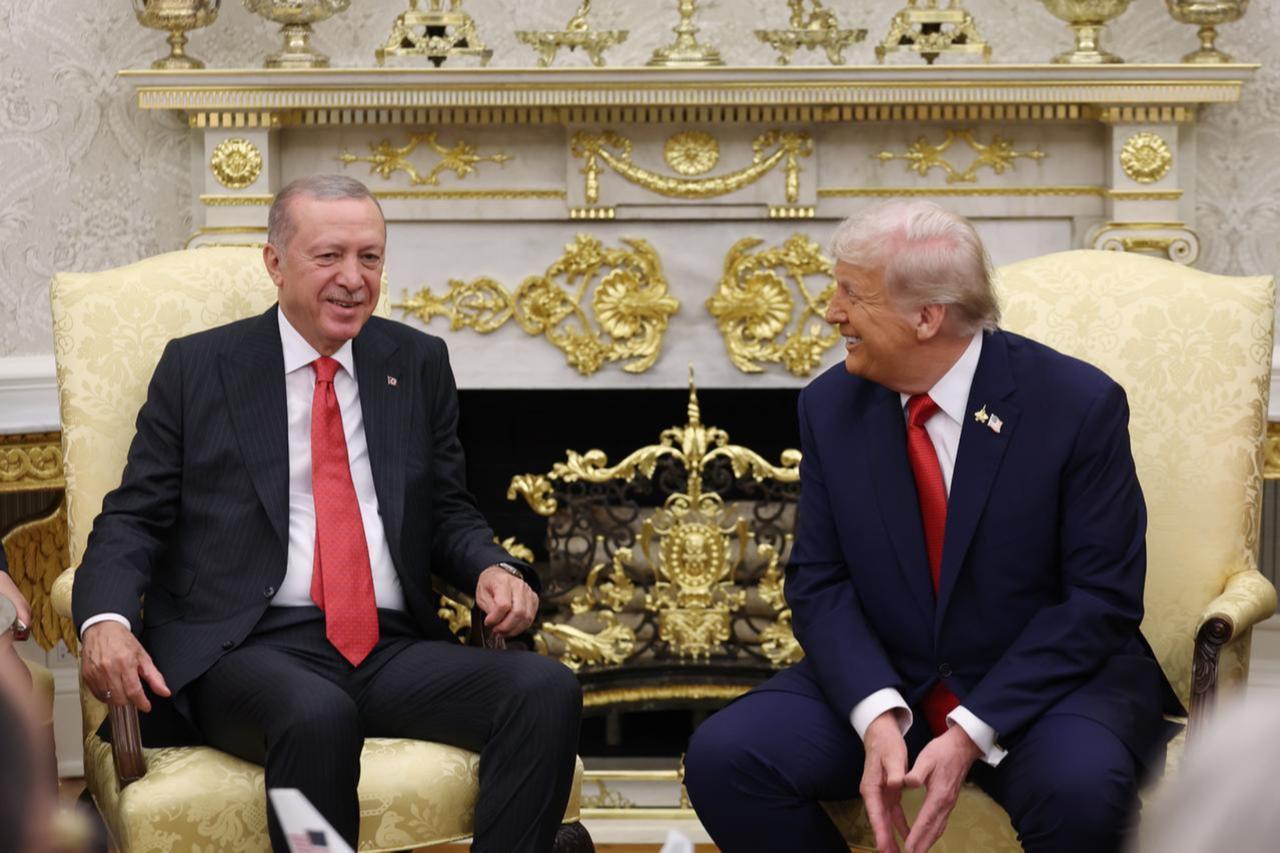
Türkiye froze the assets of numerous individuals and entities connected to Iran's uranium enrichment activities on Wednesday, coordinating with broader international efforts to pressure Tehran over its nuclear program.
The decision, issued Oct. 1 under presidential decree number 10438, targets people and organizations involved in Iran's nuclear development program. The move comes as the United States imposed parallel sanctions on Iranian weapons procurement networks, marking a coordinated response to renewed concerns about Iran's nuclear capabilities.
Türkiye's asset freezes affect individuals and companies across multiple sectors, including Iranian nuclear facilities, shipping companies, energy firms, and research centers. Among the targeted entities are the Atomic Energy Organisation of Iran, several banks, and companies involved in uranium conversion and nuclear fuel production.
The Turkish decree amends previous decisions from 2006, 2015, and 2021 regarding the implementation of United Nations Security Council resolutions on Iran. President Recep Tayyip Erdogan signed the comprehensive measure, which was published in the official gazette's supplementary issue.
On the same day, the U.S. Treasury Department imposed sanctions on 21 companies and 17 individuals accused of operating weapons procurement networks supporting Iran's ballistic missile program. The American sanctions target entities spanning Iran, Hong Kong, China and Germany.
"Under President Trump's leadership, we will deny the regime weapons it would use to further its malign objectives," Treasury Secretary Scott Bessent said in announcing the designations. The sanctions represent the first enforcement action under renewed UN restrictions imposed last week.
The timing reflects escalating international pressure after the United Nations reimposed sanctions on Iran through the "snapback" mechanism, which automatically restored previous restrictions on Iran's nuclear, missile and weapons programs. The UN decision came amid concerns that Iran had violated terms of the 2015 nuclear agreement.
U.S. officials cited threats to American military personnel in the Middle East and commercial shipping in international waters as justification for the coordinated sanctions. Iran has steadily expanded its ballistic missile capabilities in recent years, developing weapons with increasingly longer ranges that officials say pose regional security risks.